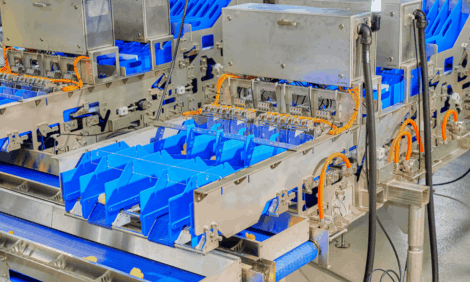



IBV vaccination protects broilers despite ammonia exposure
A recent study corroborates previous findings that broilers properly vaccinated for infectious bronchitis virus (IBV) are protected from IBV challenge despite exposure to moderate levels of ammoniaSince higher ammonia levels coincide with an elevated incidence of respiratory disease in broilers and condemnations, especially in winter, researchers at the University of Georgia have been conducting studies to determine if ammonia exposure impairs the response to IBV vaccination, Emily Aston, DVM, one of the researchers, told Poultry Health Today (see the video interview here).
In one of their studies, day-old broilers that received an IBV Massachusetts-type vaccine were completely protected against challenge with a similar type of IBV whether they were exposed to ammonia or not, based on viral load, clinical signs, ciliostasis and airsacculitis.
In their most recent study, Aston and colleagues vaccinated day-old broilers against IBV, challenged them at 28 days of age, then examined them for markers of immune response. For example, they measured IBV-specific antibodies in serum and lacrimal fluid, and they used flow cytometry technology to characterise immune cells in respiratory and systemic tissues.
Vaccinated, challenged birds saw what amounted to “an almost complete lack of immune activation in these cells,” Aston said. In contrast, unvaccinated, challenged birds exposed to ammonia had “robust” immune-cell proliferation and activation, and 90 percent of them developed airsacculitis, compared to 40 percent to 50 percent that were not exposed to ammonia, Aston reported at the 2018 International Avian Respiratory Disease Conference.
“What this would indicate or suggest…is that these birds were able to effectively neutralise the virus before it even had a chance to establish infection,” she said. “And that’s ideally what we want to see.”
Even though the results indicate ammonia exposure does not adversely affect IBV vaccination, Aston emphasised the importance of proper vaccination. She also encouraged producers to continue efforts to reduce ammonia levels by increasing ventilation in their poultry houses.
“We want to make sure that all the birds, as many as we can possibly vaccinate, are properly vaccinated,” which will increase the chances of success and of reducing the incidence of airsacculitis, Aston said.











